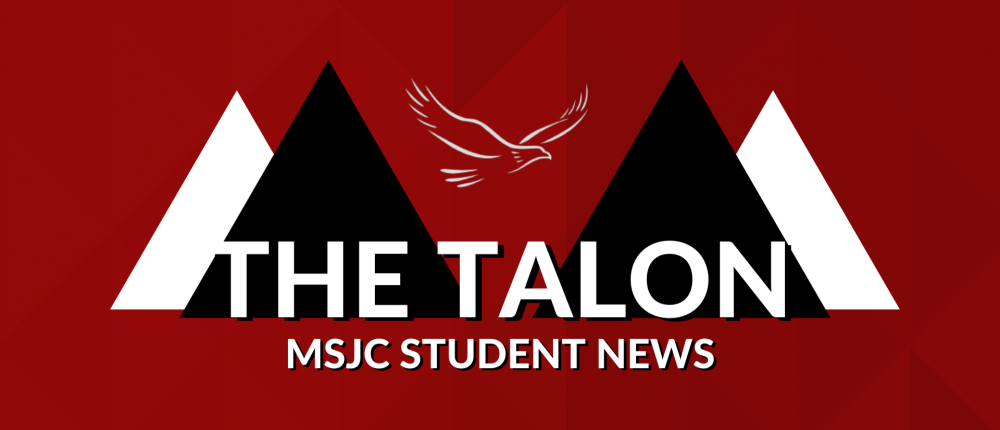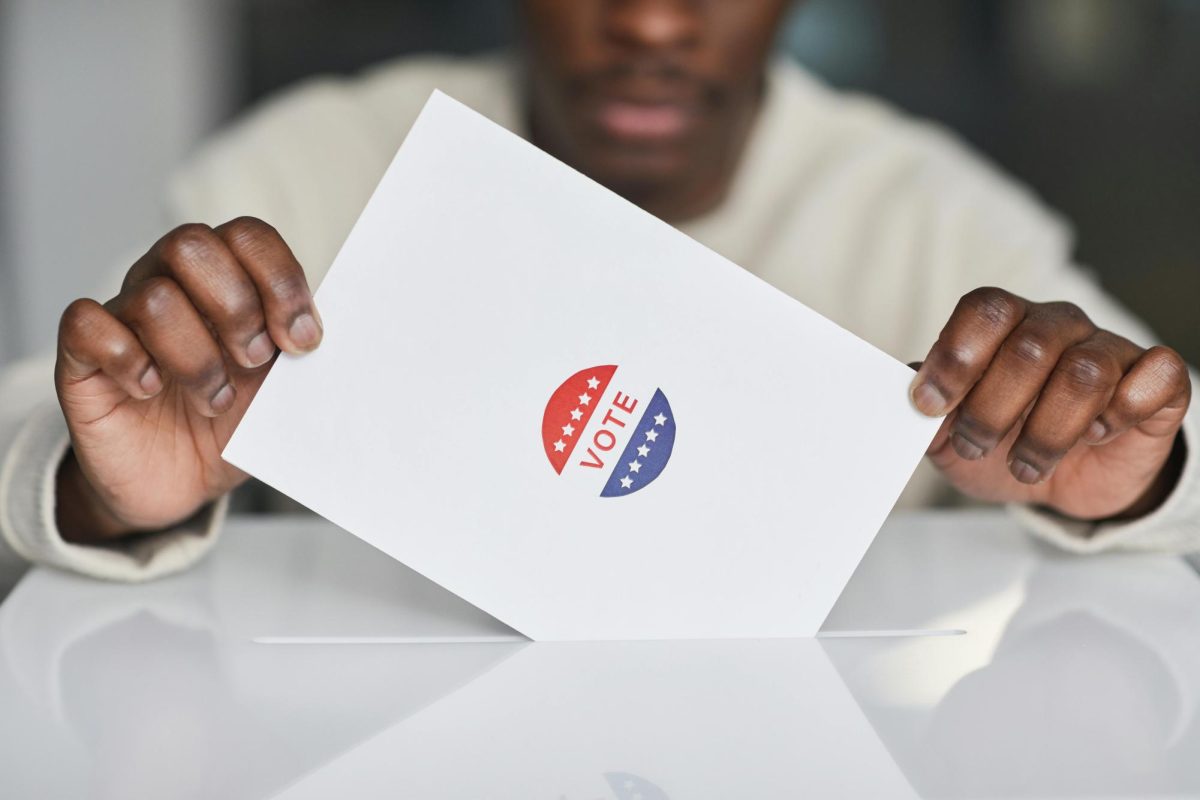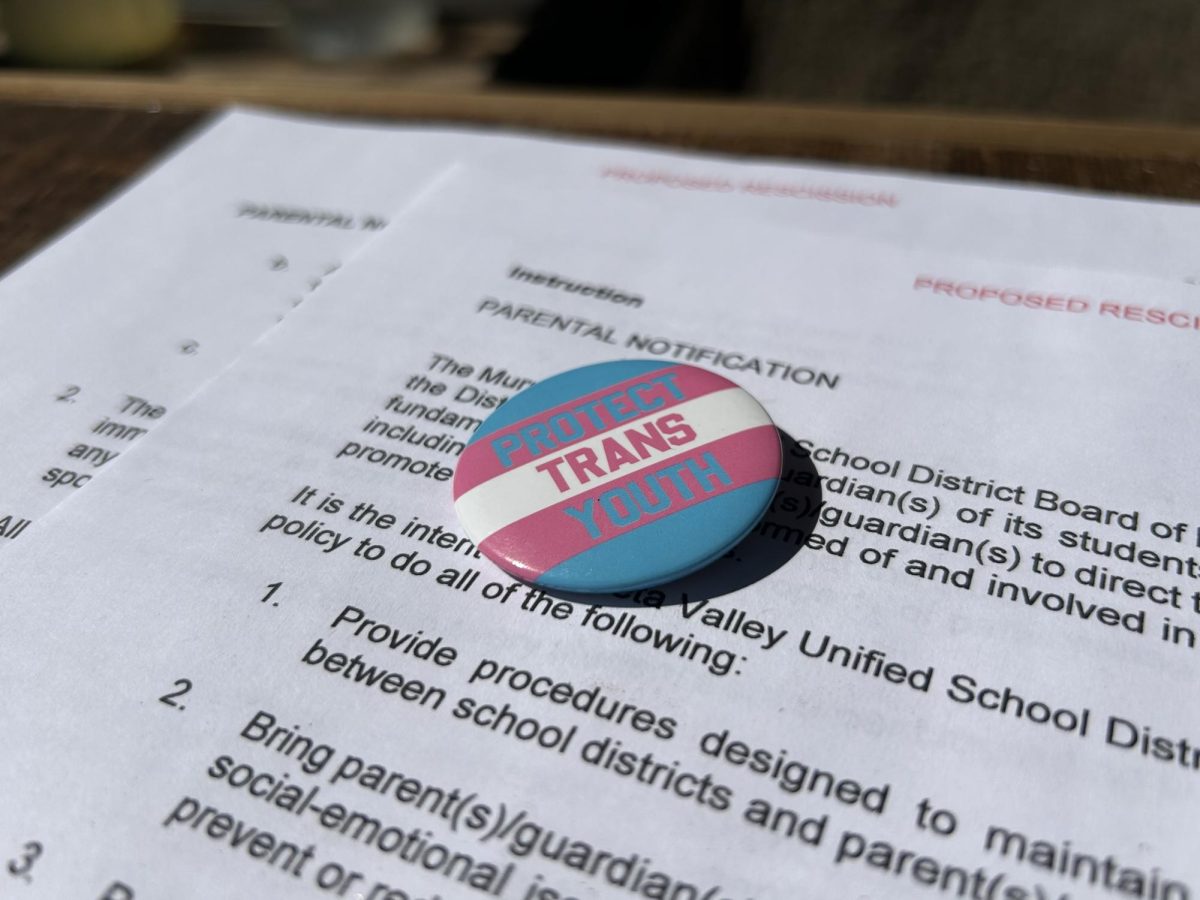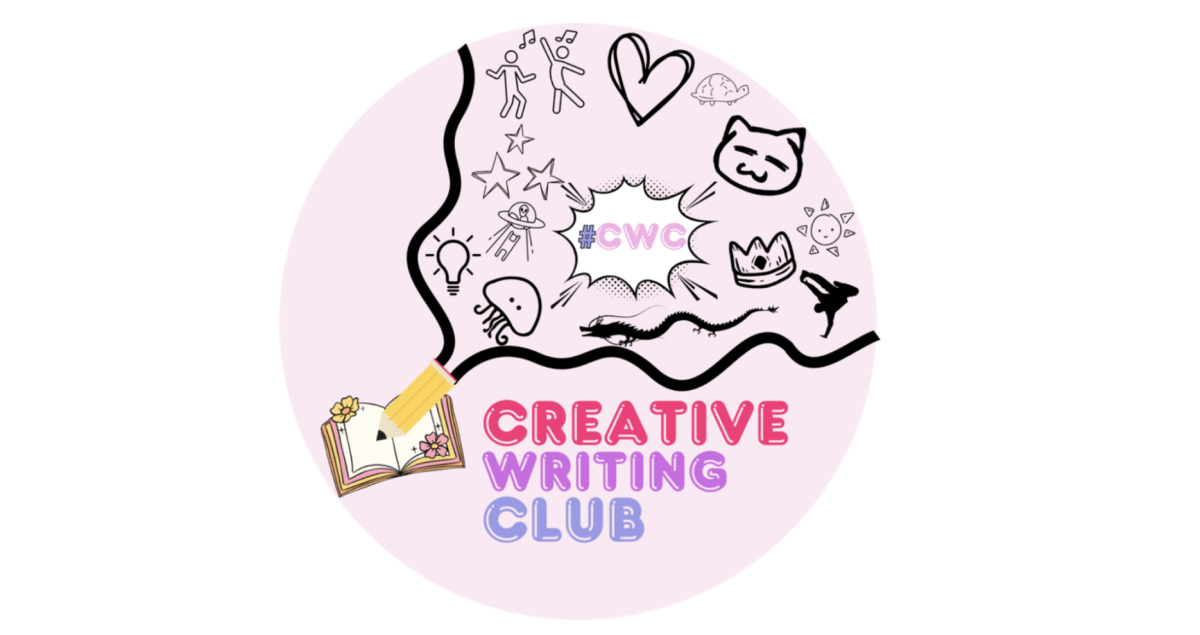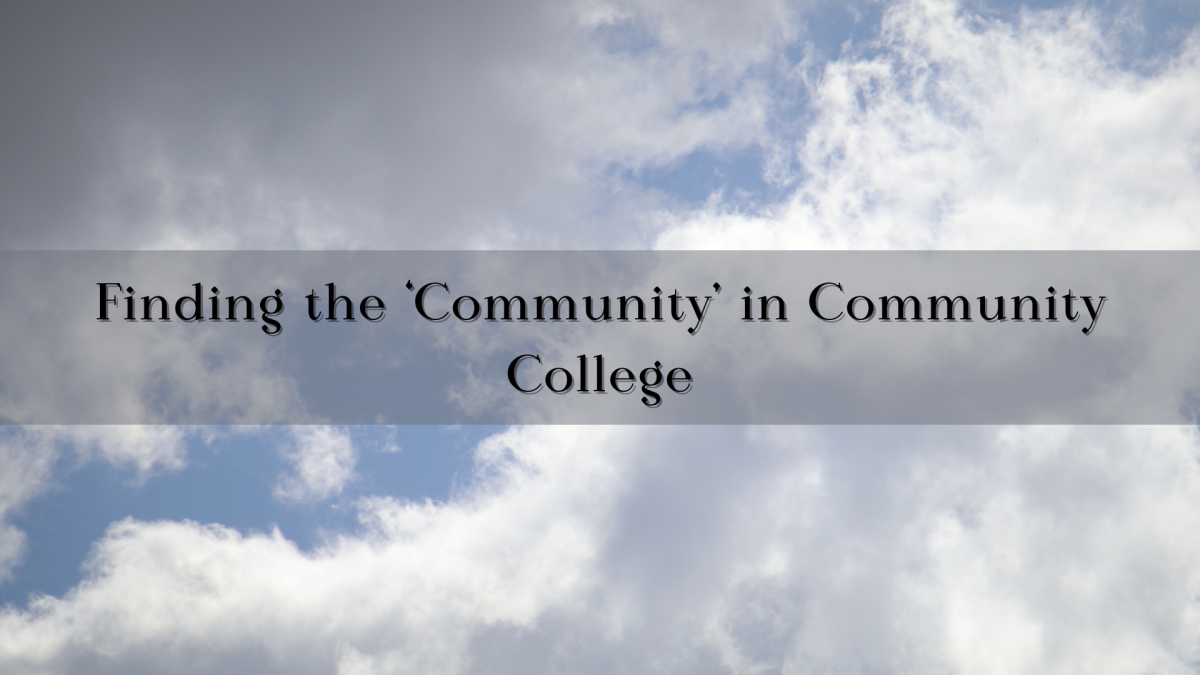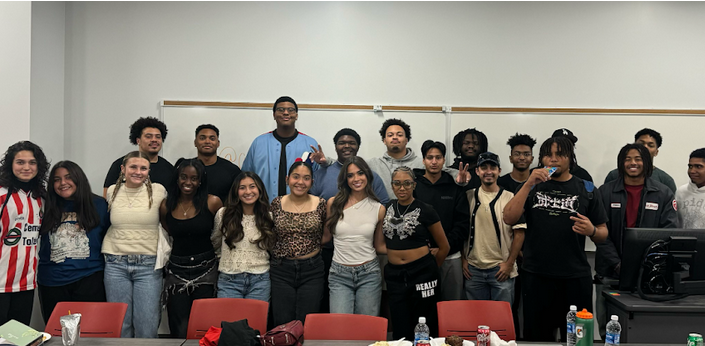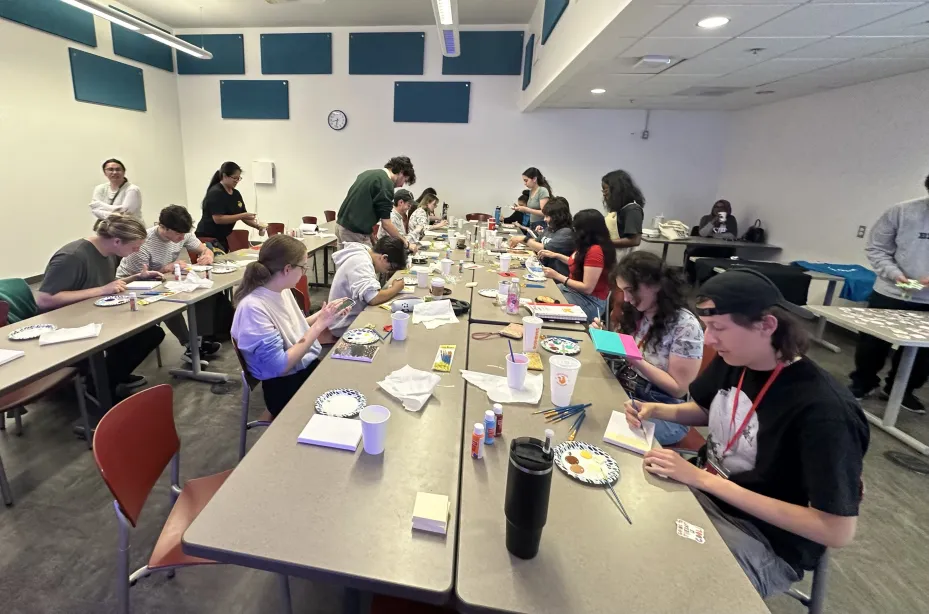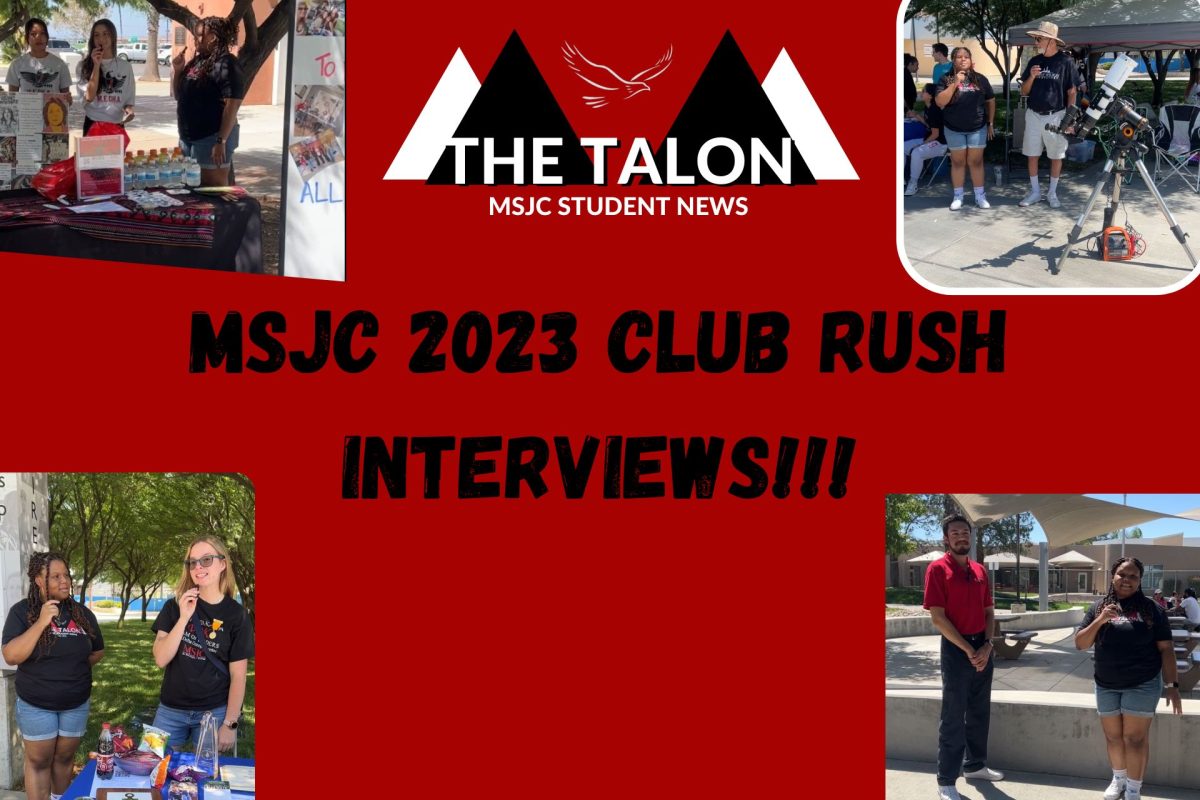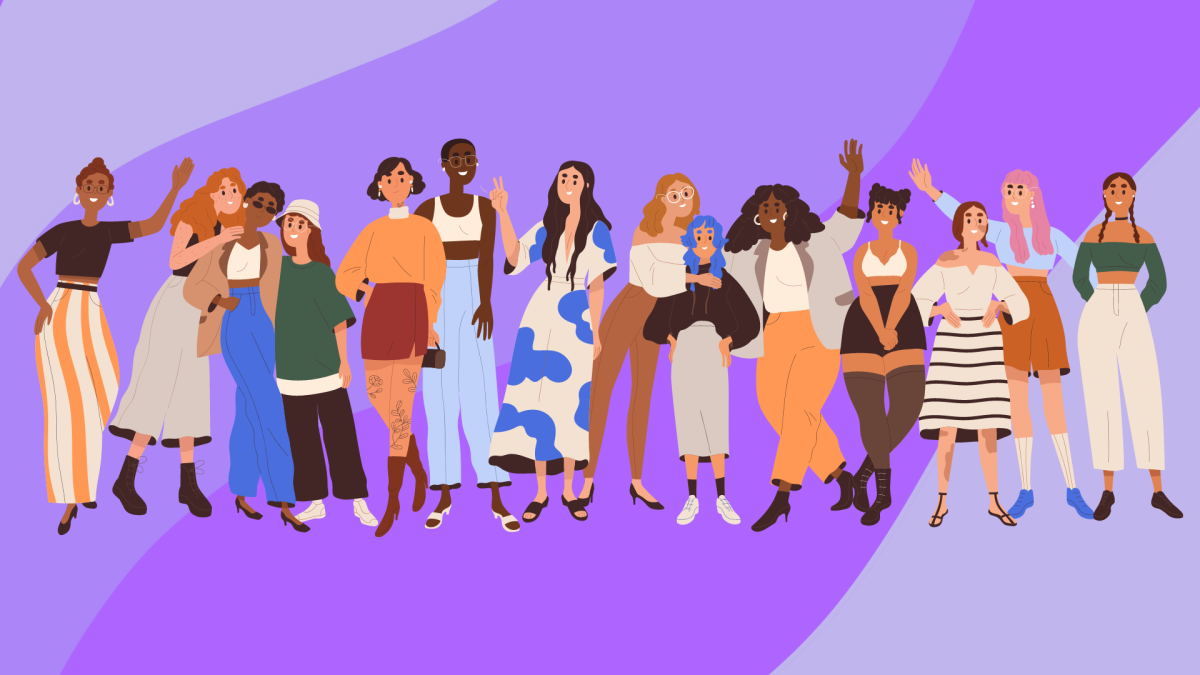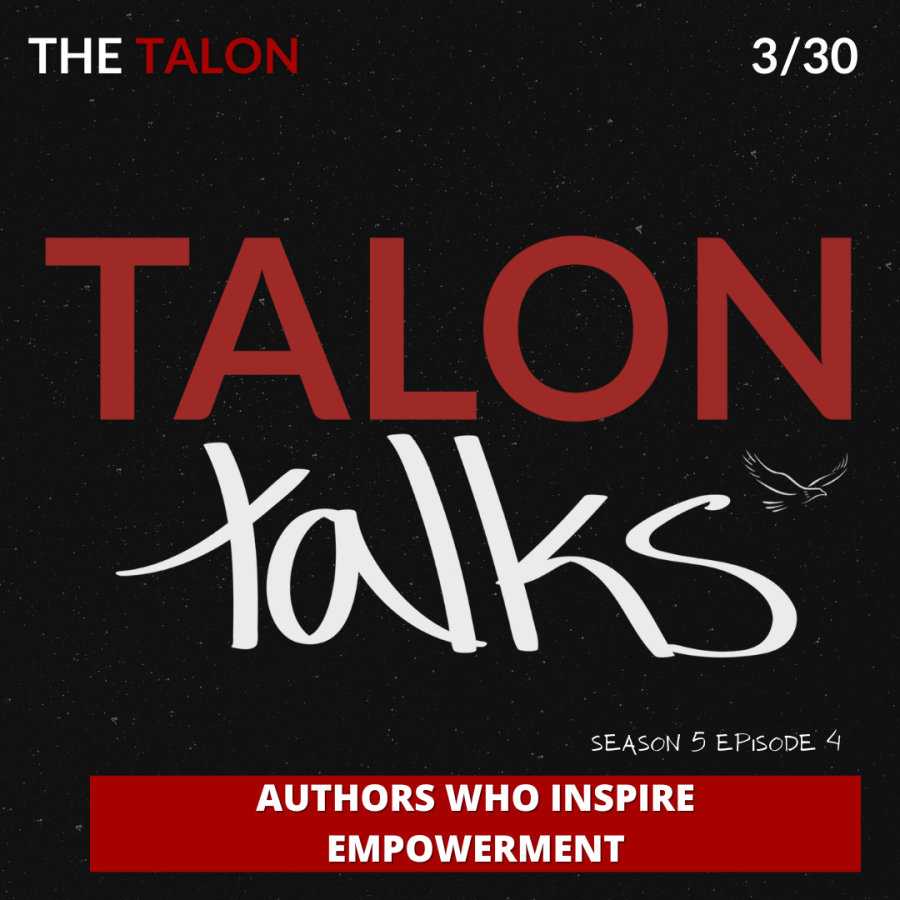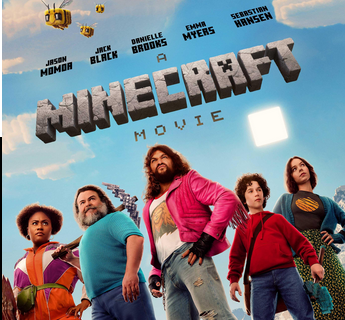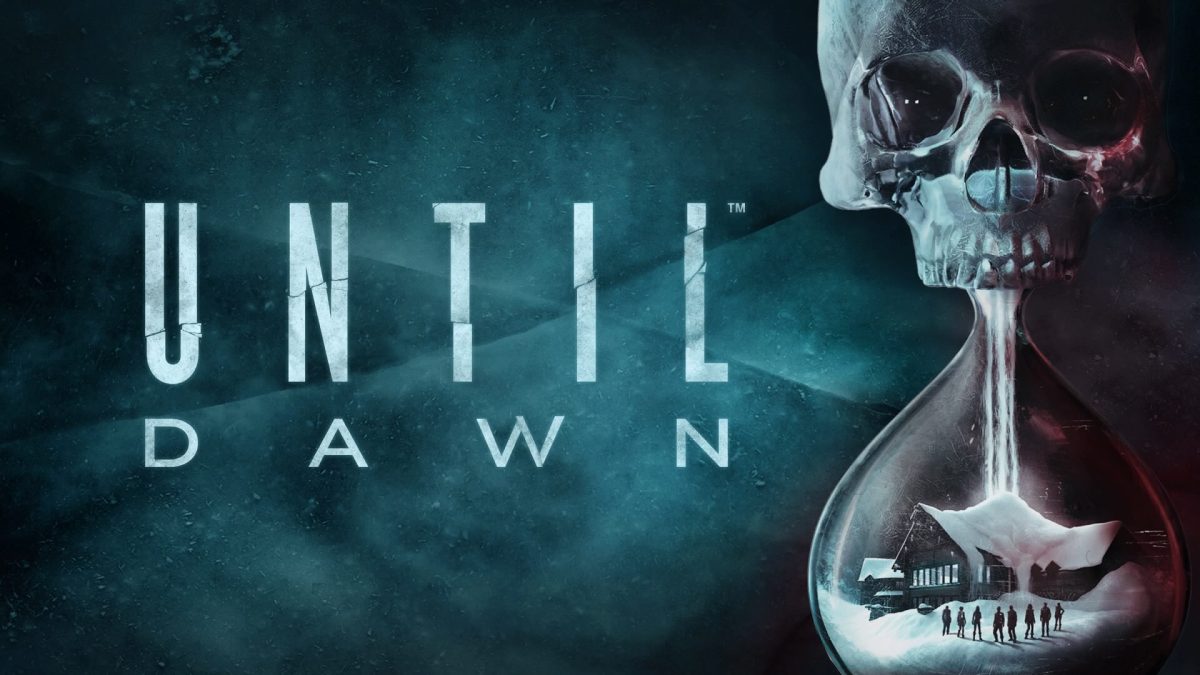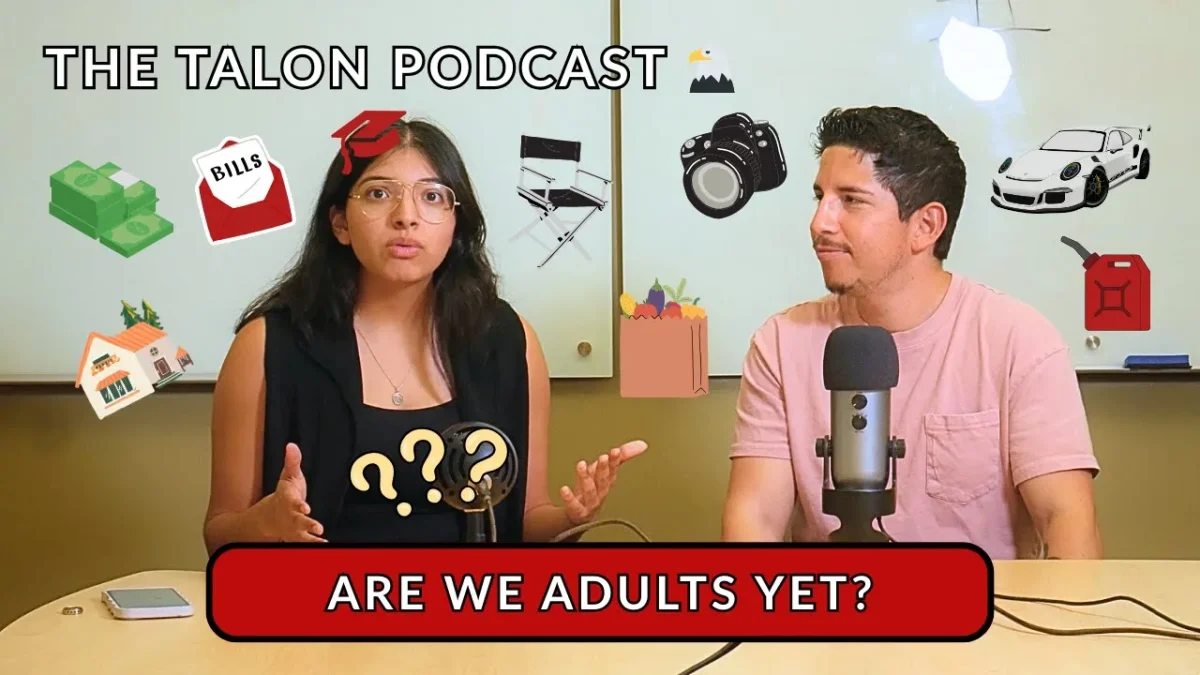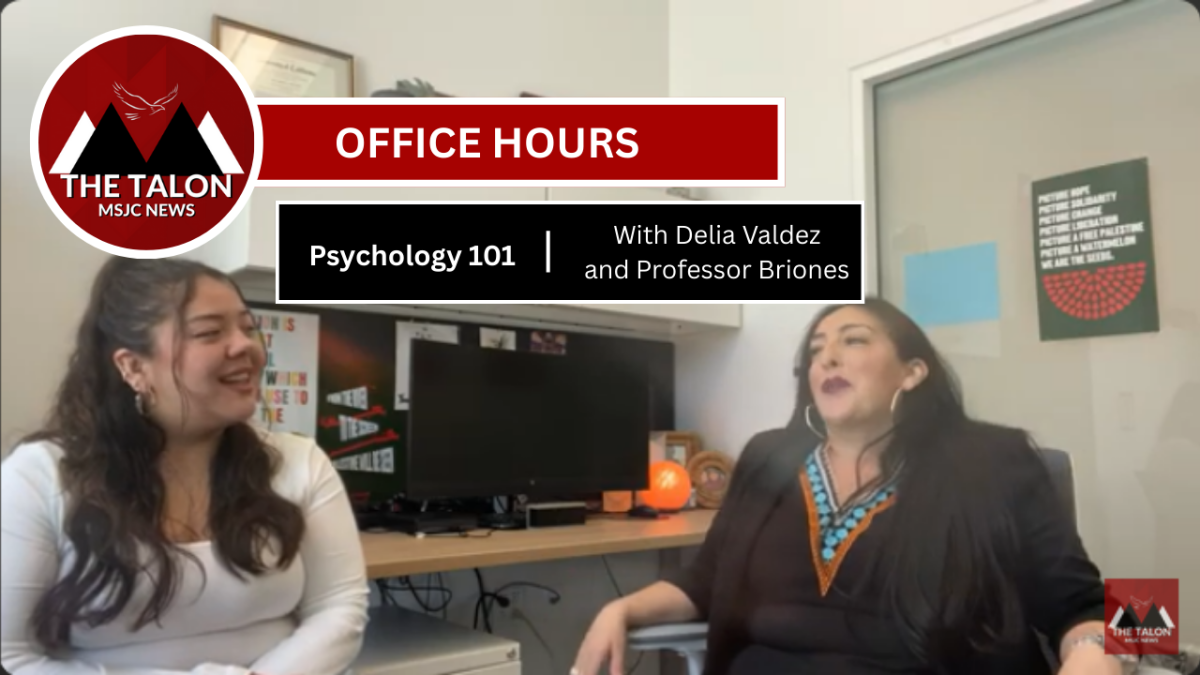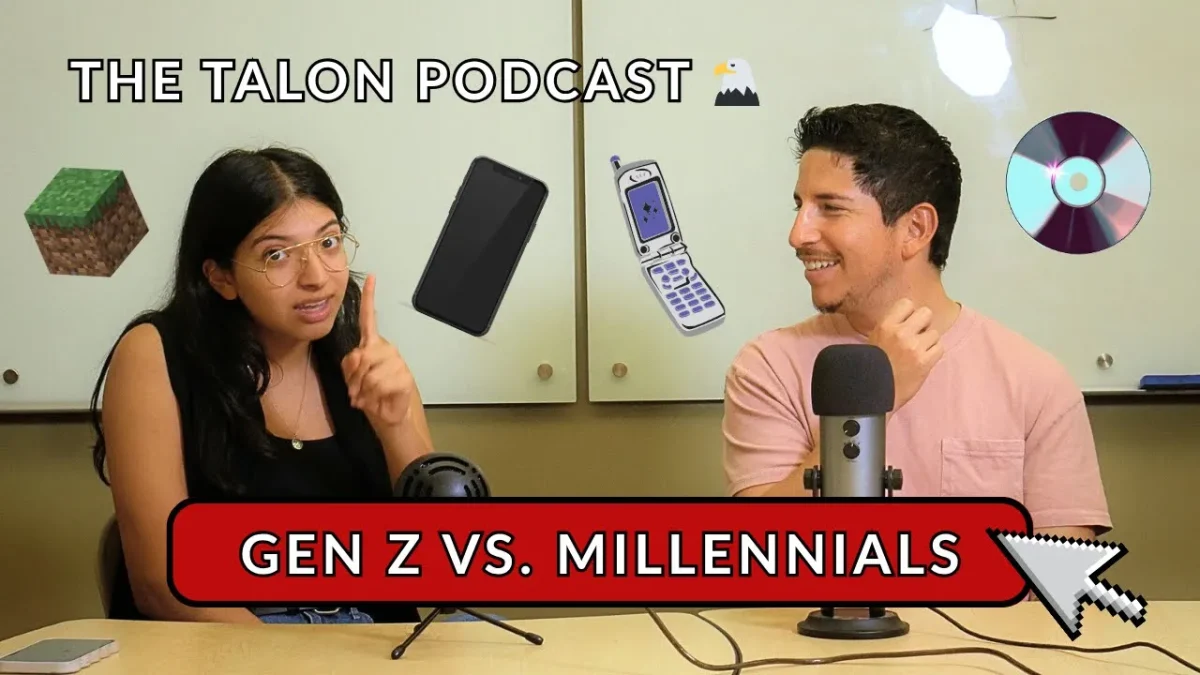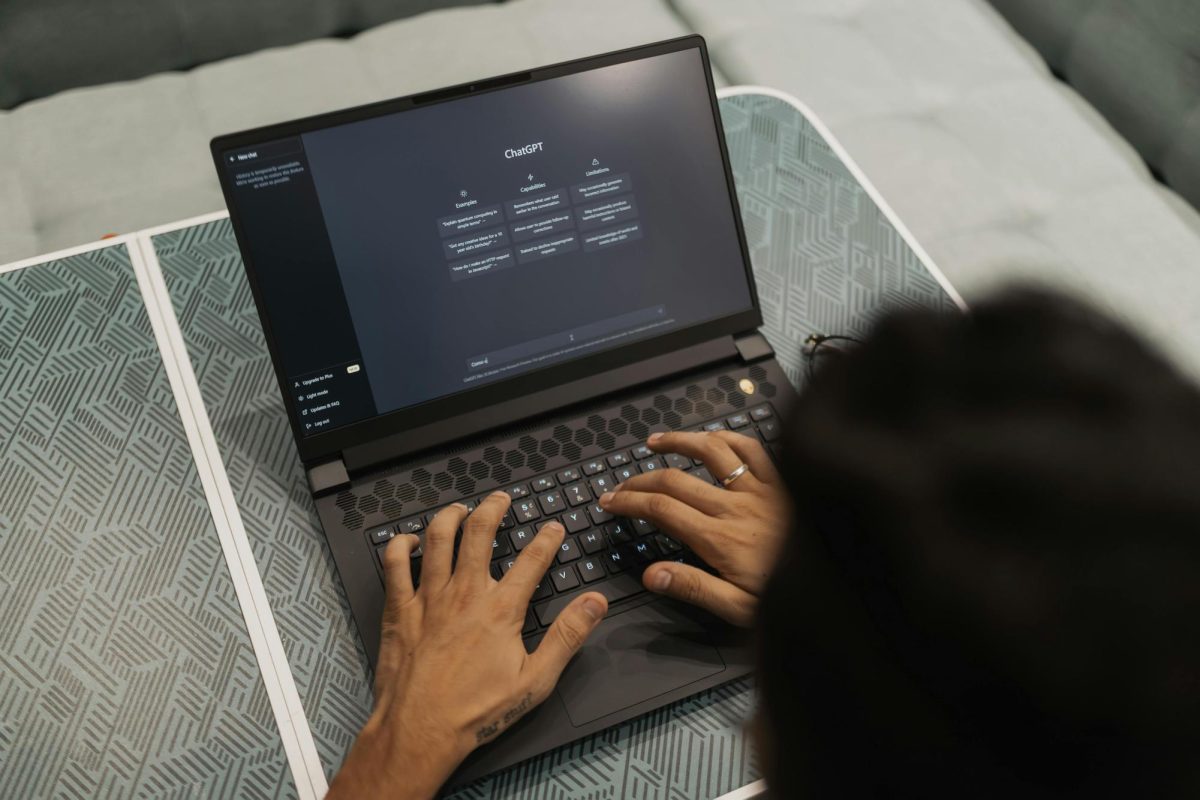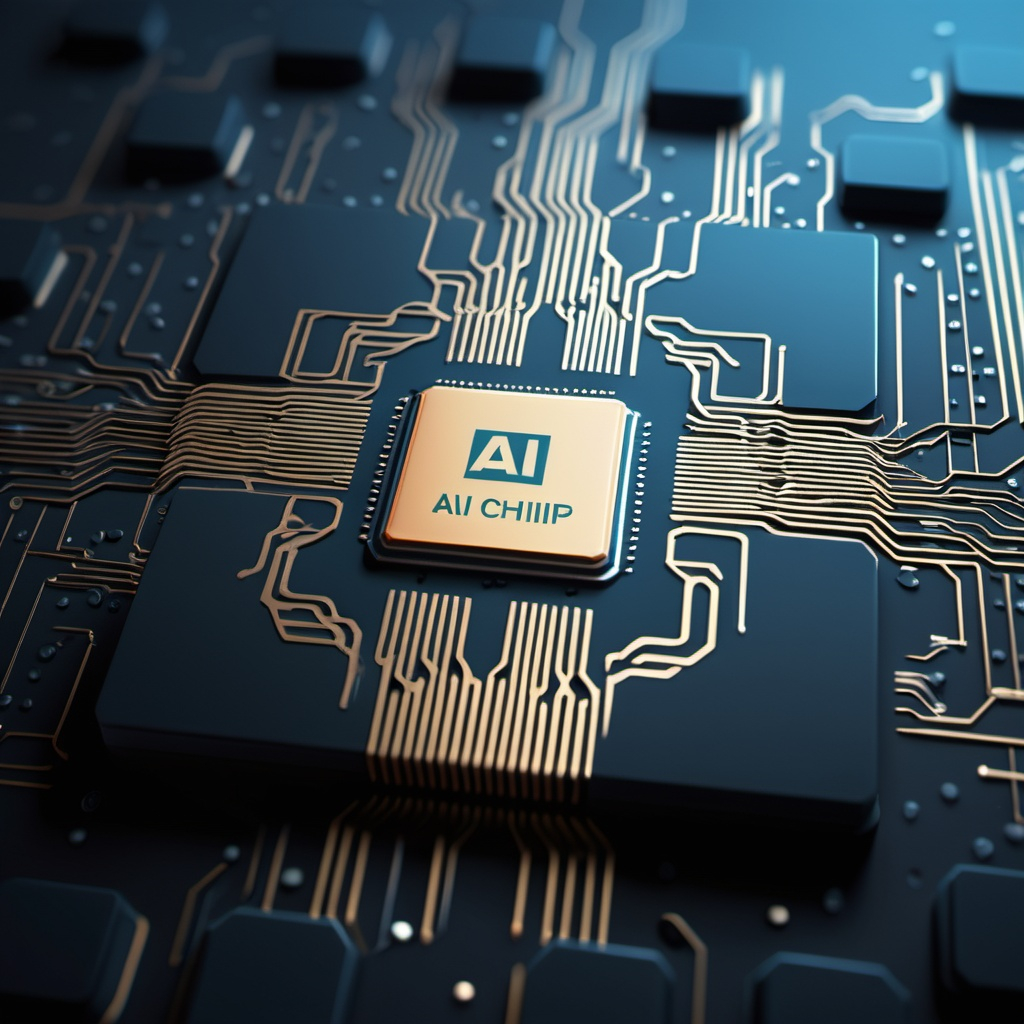It is no secret that Artificial Intelligence is changing the way our world works. In January 2024, the International Monetary Fund claimed, “Artificial Intelligence (AI) has the potential to reshape the global economy.” Depending on the effect of AI in the workplace, “Labor income inequality may increase if the complementarity between AI and high-income workers is strong, while capital returns will increase wealth inequality.” In other words, AI has the power to save time and resources, both of which relate directly to a company’s profits. Whether or not increased profits will increase or decrease wealth inequality, is to be determined. What is determined is that businesses are always looking for ways to increase their profits, and AI is a great way to do so. Therefore, knowing how to use AI ethically and efficiently will likely become a requirement in many fields.
I reached out to Carrie Consalvi, an Interim Associate Dean in the Professional Development department at MSJC. She said, “Thoughtful AI use…has been a key focus of our training efforts.” The department was holding a faculty book club where they read “Teaching with AI,” recently held a series called “AI in April,” have been helping teachers develop “clear syllabus language around AI use,” and training teachers how to help students use AI ethically.
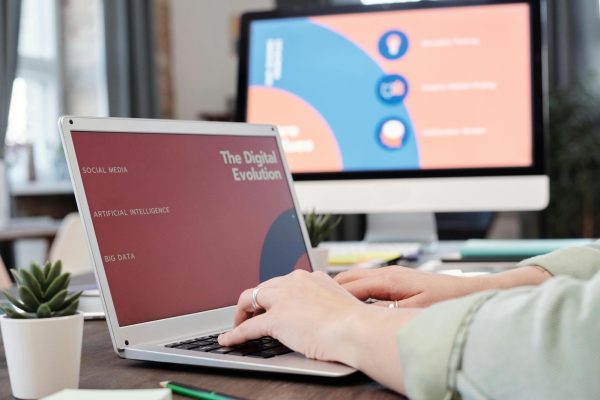
These trainings have undoubtedly played a pivotal role in a more united and informed approach, especially considering that AI use is still controversial. Below are a few syllabi from professors at MSJC. (Please note that I am not sharing these to criticize but to demonstrate any differences in opinion.)
…Generally speaking, you are not authorized to use AI writing programs, software, or artwork-generating programs (or similar programs) to produce work for this class except when I explicitly include these programs as part of an assignment. You will receive significant guidance on the appropriate use of these tools and technologies. I will provide additional information with each assignment where AI is used. You cannot use AI-generated material in place of your own work. An occurrence of AI usage in your own, represented as your own, will be subject to the plagiarism and Turnitin policies (see above).
…In my class, you are ONLY allowed to use AI programs as research tools…You are not authorized to use AI language tools, software, or artwork-generating programs (or similar programs) on quizzes, exams, to work out math problems or write reports for you. Work written by or created by AI tools is not your own original work.
AI tools are strictly prohibited during exams, quizzes, discussions, assignments, and any form of assessment unless explicitly stated otherwise. Cheating or attempting to use AI for unauthorized assistance during assessments is a violation of academic integrity.
For the most part, AI use is prohibited when used in place of a student’s original work. Research and learning the material appears to not always be addressed.
Since MSJC strives to “combat systemic barriers, promote social mobility, and provide opportunities for educational advancement” (MSJC’s Mission Statement), I met with Mike Stiffler, Director of Data Management at Stater Brothers Markets, to evaluate if MSJC’s general AI standards aligned with the workplace’s. We discussed AI’s role in the office and how he expects new hires to use AI. He explained that he expects new hires to “know how to use (AI) to be productive and accelerate their learning.” Stiffler said he uses it to “be more productive and organized.” He uses it to organize his thoughts, run high-powered searches, prepare for meetings and conversations, etc.
With that said, Stiffler also laid out his expectations for his employees’ ethical use. He explained that while it’s fine to use AI to “ideate, to help organize your thoughts, the final product should be yours.” In other words, he “would expect (his employees) to use it as a tool to enhance (their work) versus actually having it do their job,” otherwise, they could just have AI agents do the job instead. However, “there’s still an element of personality and creativity and genuineness that people bring that (Stiffler doesn’t) think AI and a computer program will be able to bring for a while.”
As AI becomes more integrated into the workplace, it is the responsibility of schools to prepare their students to use AI ethically. Furthermore, it is the students’ responsibility to maintain their integrity as they learn how to use this tool to magnify their studies and later their careers; otherwise, they may be compromising themselves in the long run. As Stiffler said, “The biggest drawback (with AI) is that you can get very lazy and you’ll get behind, and if you don’t have that crutch with you, then you can easily be outed,”. AI has the power to be a great help and a great threat. What will you recruit it to be?
